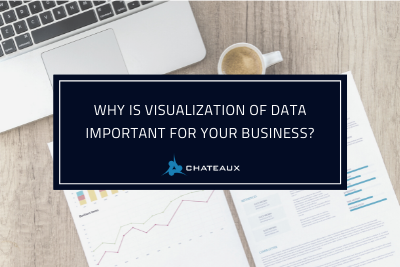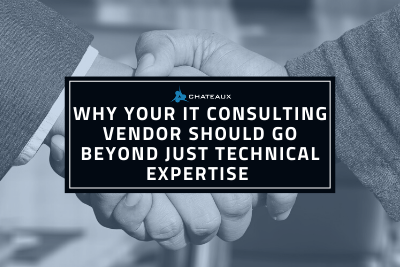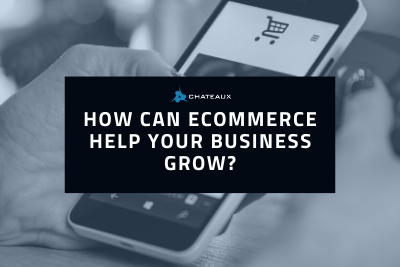By Hugo Toledo, Senior BI Architect
Elevator Pitch
If you ask folks with whom I’ve worked, they will likely tell you “Hugo’s a really smart guy who knows a lot and can help you get better at what you’re doing.” How do I know this? At a recent CIO conference in New Brunswick, NJ, I heard three different people introduce me almost exactly that way to others, each of which were unbidden and un-coached testimonials. I was very flattered. (Certainly raises the bar, too!) Now, this is not *my* elevator pitch but it illustrates how fortunate I am to find others making those introductions I once had to seek out. I think it is a direct result of the paths I took to develop my personal brand.
I can’t speak to the first part of the testimonial, but as for the second I should point out that I’m not a coach per se. I’m a Business Intelligence consultant. I help senior business executives (e.g., CIOs and CFOs) make higher quality decisions after I’ve learned a bit about how they currently work with data. I provide recommendations on how to improve their operations and then guide them through these changes. This allows them to turn the data they have into higher quality information with which the highest-quality decisions may then be made. (*That* is my elevator pitch.)
Emulate Your Inspiration
I was serving as an Enterprise Architect to McDonald’s Corporation when I first learned about developing one’s brand. My colleague and now long-time friend, Oracle guru Steven Feuerstein, served as my inspiration. I saw what he was doing and decided to emulate what I could. (He’s written over a dozen books to my two, so, clearly, I’m not completely emulating him!)
I credit my success to two primary efforts: volunteering my time and skills to others in my field and, likewise, helping publishers.
First, I offered to review and provide technical services to colleagues that were already publishing books and articles. For free, of course. This led to my being acknowledged by those already in the spotlight for my assistance and counsel, both at conferences where they were speaking as well as in their books and articles. Besides, when you teach what you know to others, your own skills improve as your brain considers what you know from a different perspective. This is very valuable.
I was then able to use the references I garnered to interest publishers in my own writing, which led to two books, the first from Oracle Press, the last from O’Reilly and Associates. Once I was published, it became much easier to develop my brand and reputation in the field of Business Intelligence. From there, my work and contacts led to my speaking at higher profile industry events and being quoted in the trade press.
Now, I am assuming you do, in fact, like what you are doing. If not, well, trading time for dollars is unlikely to get you through the tough days.
Lifelong Learning
Finally, don’t ever forget that your skills may be rendered far less valuable relatively quickly as disruptive innovation changes the landscape. Therefore, a passion for lifelong learning is a must. Being comfortable with learning new technology, approaches and, perhaps most importantly, being flexible to different modes of work is what makes it possible to sustain a fulfilling career across many decades.



